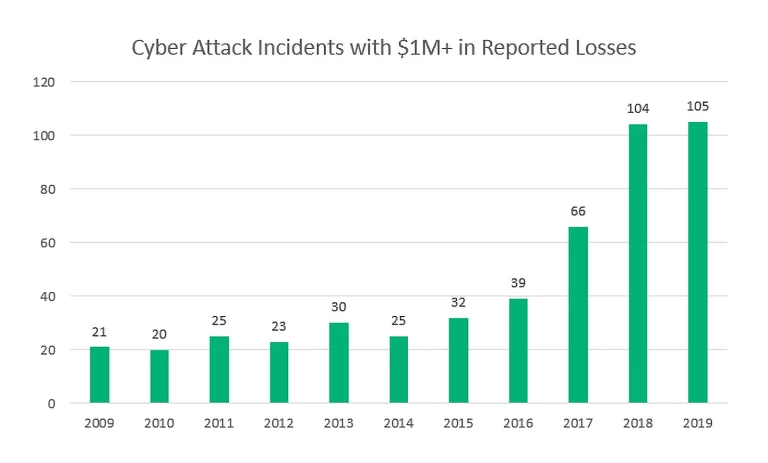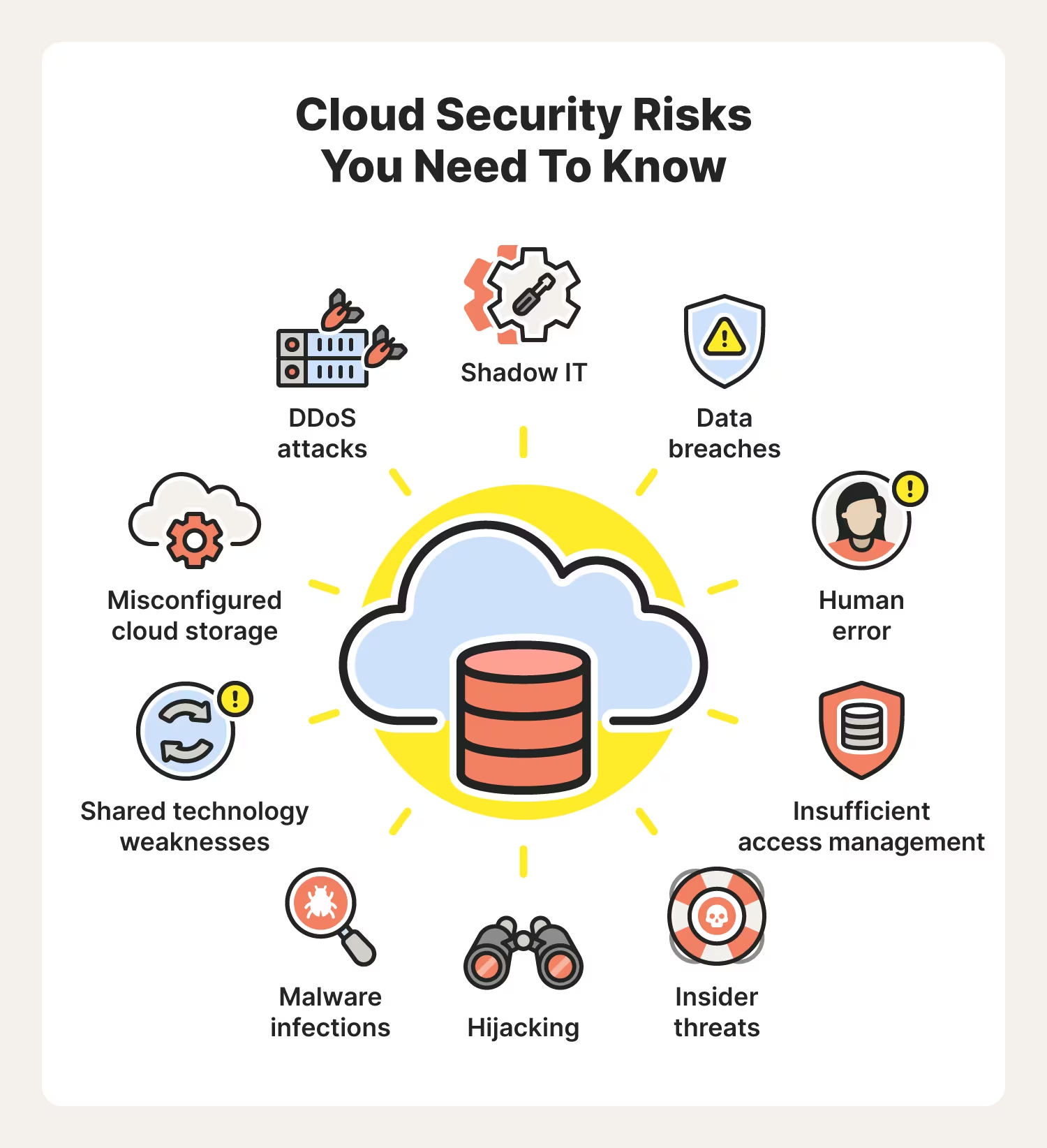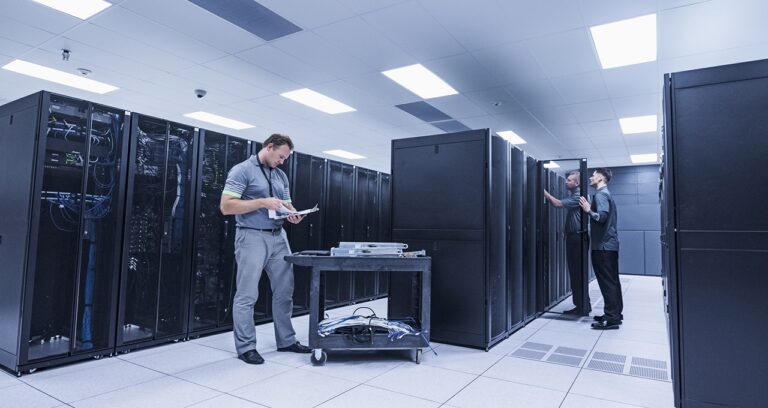Are VPNs Still Safe?
Virtual Private Networks (VPNs) have long been seen as a safe way to browse the internet, keeping your private information hidden from government agencies. However, you should be aware that VPNs cannot keep you safe in all instances. Using a VPN does not supply you with complete anonymity when using the internet, and there are many instances when VPNs won’t keep you safe.
The Benefits of a VPN
Before looking at the potential risks you can still face from using a VPN, let’s highlight what the real security benefits are.
A VPN essentially allows you to protect yourself or your organization by creating a private web browsing session. This is important if you’re using public WiFi since you want to prevent other people from eavesdropping on your online activity and accessing the data and information you’re sharing. What a VPN does is create a secure tunnel between your computer and the VPN server, which hides your online activity and location.
A VPN will prevent your internet service provider (ISP) from tracking your browsing activity. When the VPN provider passes your internet traffic through its internet connection, this also makes it difficult for threat actors to gather your private information or monitor your online activity.
Just How Much Privacy Does a VPN Offer?
Many browsers offer a feature called private browsing. This enables you to browse the web without saving your history, search information, and temporary local data like cookies. The most popular browsers offer private browsing, in the form of Apple Safari on Mac and iOS, Google Chrome’s Incognito mode, Opera, Microsoft Edge’s InPrivate Browsing, and Mozilla Firefox.
Using one of these private browsing modes will prevent your data from being stored on a user’s local device or computer. But, you should know that it won’t necessarily prevent information from being shared between your device and your ISP. Also, third parties might be able to detect your activity during a private browsing session.
So, if you want more privacy when using the internet, you should certainly consider using a VPN.
Safety Concerns With Free VPNs
One point we want to emphasize is that using a VPN can be safe, but it depends on the type of VPN you use. Using free software is not an effective way to maintain your security because it won’t protect your data and browsing activity.
Here are some key reasons why you might want to avoid using free VPNs:
- They can compromise your security: Many free VPN tools contain malware that cybercriminals can use to steal your data, gain unauthorized access to your machine, or launch a cyberattack.
- They can limit data usage: VPNs are effective at protecting your data or hiding your location when watching a movie from a streaming service that is not available in your region. However, a free VPN will limit the amount of data you can use through the tool. This might include limiting the amount of data you can use per month or the time the VPN is available per browsing session, as well as perhaps only unblocking certain websites. This means free VPN tools are not ideal if you want to protect your data or mask your location for a considerable amount of time.
- They can target you with ads: Free VPNs use advertising to generate revenue, which means your data can be shared or targeted without your permission. Ads can also slow down your internet connection or contain malware. In contrast, paid-for VPNs include ad-blocking tools and features like malware protection, keeping your data secure.
- They track your online activity: Secure VPNs should protect your activity while using the internet; however, some free VPNs achieve the opposite by tracking your online behavior. They do this so that they can sell your information to advertisers, who can then target you with ads. Some free VPN providers hide information about whether they will share or sell your data, although others state so in their privacy policy.
- They slow down your internet speed: Free VPNs may result in slower internet speeds compared to premium tools. This can apply even to free VPN options from reputable vendors. Their paid-for options will be faster since they will prioritize internet speeds for their paying customers.
What Makes a VPN Safe and Secure?
VPNs from reliable providers will encrypt your data and online browsing history, shielding them from hackers and ISPs. A safe VPN will protect your online privacy, provide transparent privacy policies, fix data leaks, and it won’t track you. The safest and most secure VPNs will have:
- Internet Protocol (IP) address leak prevention: Sometimes, flaws in a VPN can result in your IP location being leaked. Any safe VPN should, therefore, be designed to actively prevent this from happening.
- Multi-factor authentication (MFA): This enables you to prove your identity, which you will have to do to access the VPN – an extra level of protection against hackers.
- No information logging: A no-log VPN won’t collect the data that you share on the network, such as login credentials, files you download, or your search history.
- VPN kill switch: In cases where the VPN connection drops, usually your internet access will switch to the regular connection. However, a VPN kill switch feature will exit specific programs when this happens, reducing the risk of sensitive data being leaked.
In conclusion, we can see that VPNs can be safe and secure if you opt for the premium versions that aim to prioritize your security. It is not recommended to use many free VPNs, on the other hand, since you are at an increased risk of having your privacy compromised.
Cyberlocke is a comprehensive, full-service IT services provider that architects and implements efficient and secure solutions for enterprise customers and their data centers. We specialize in security, cloud, managed services, and infrastructure consulting. Contact Us today to learn more.


